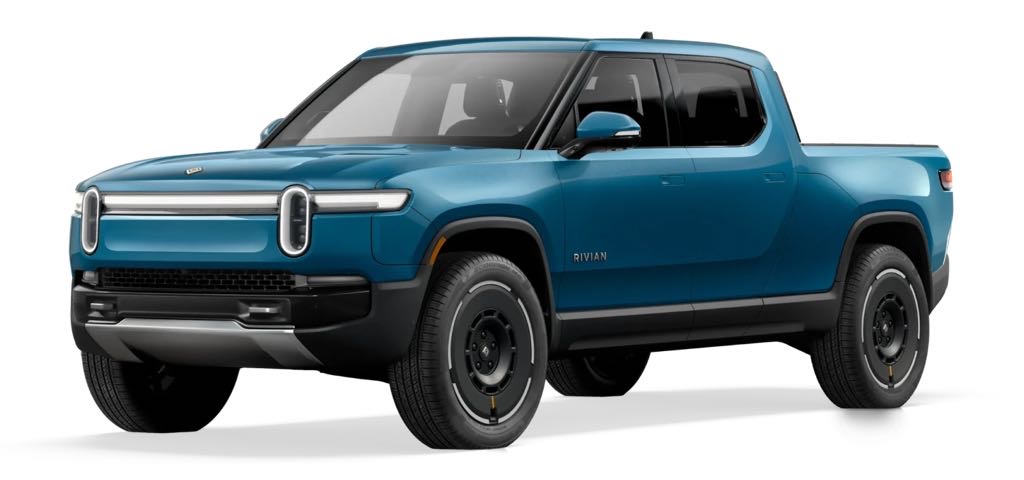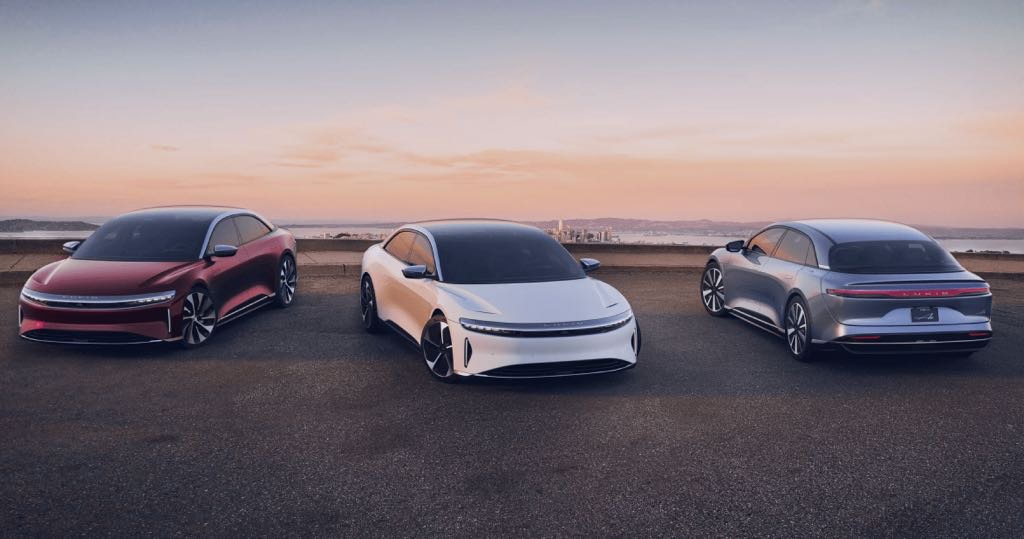

Global OEMs Hesitate On India’s Electric Car Policy
July 29, 2025
0 Comments

Global carmakers hesitate on India’s strict electric car policy due to tough conditions
A month after the launch of the Scheme for Promotion of Manufacturing of Electric Passenger Cars in India (SPMEPCI), the government has yet to receive a single application from global or domestic automakers. The policy, aimed at boosting local electric vehicle production, was introduced with the promise of attracting international manufacturers. However, industry insiders suggest that its stringent conditions have made it a tough sell.
Policy Requirements and Challenges
SPMEPCI mandates a minimum investment of Rs. 4150 crores ($500 million) by any participating OEM to set up EV manufacturing in India. Applicants must also provide a bank guarantee of the same amount. Additionally, the policy requires OEMs to achieve 25% Domestic Value Addition (DVA) within three years and 50% within five years.
Only companies with a global automotive revenue of Rs. 10,000 crore and fixed assets worth Rs. 3000 crore are eligible. While brownfield investments are allowed, these come with conditions, including setting up new EV lines that are physically separated from existing facilities.
In return for these commitments, OEMs are offered the ability to import a limited number of high-value EVs priced above $35,000 at a concessional 15% import duty.
Industry Response
Executives from major automakers like Hyundai, Kia, Volkswagen and Toyota are reportedly evaluating the policy and discussing proposals internally. Large-scale investments require approvals from global headquarters, particularly due to the DVA requirements. Some companies, however, view the scheme as unattractive due to penalties for failing to meet local sourcing targets and the exclusion of land investment from total capital expenditure.
Smaller Indian EV makers are effectively sidelined due to the policy’s high entry barriers. Additionally, the import duty relief mainly benefits premium car imports, which critics argue does little to promote affordable EV adoption.
Tesla Factor and Policy Timing
The policy’s roots can be traced back to efforts to woo Tesla, which was seen as a potential game-changer for India’s EV sector. However, Tesla’s reluctance to commit to local manufacturing, coupled with the delayed release of policy guidelines, has dampened momentum.
India’s EV Push: Still Lagging
India’s transition to electric passenger vehicles remains slow, with EVs accounting for less than 3% of all passenger vehicle sales in FY25. While the Prime Minister’s Office is reportedly pushing to accelerate EV adoption, the effectiveness of SPMEPCI, focused primarily on high-end imports, remains questionable.

The post Global OEMs Hesitate On India’s Electric Car Policy appeared first on MotorBeam.
Add a comment Cancel reply
Related posts

September 11, 2025
Skoda Vision O Concept Unveiled At IAA, Showcases The Brand’s Future Design Language Skoda has unveiled the Vision...

Tata.ev Megacharger Hub Launched In Mumbai
Shubham Kumar
September 11, 2025
Tata.ev Megacharger Hub Unveiled, Will Serve Private EV Owners, Taxis, Ride-Hailing Fleets, and Logistics Operators Tata Power partnered...

Nissan Magnite Price Reduced Amid GST Reforms
Shubham Kumar
September 10, 2025
Nissan Magnite Price Reduced Amid GST Reforms, CVT Tekna Variant Price Reduced By Rs. 1 Lakh Nissan has...

MG To Reduce SUV Prices Amid GST Reforms
Shubham Kumar
September 10, 2025
MG Reduces Prices Of SUVs Amid GST Reforms, Gloster To Benefit Up To Rs. 3.04 Lakh MG has...
We are the best cars listing platform in india.




